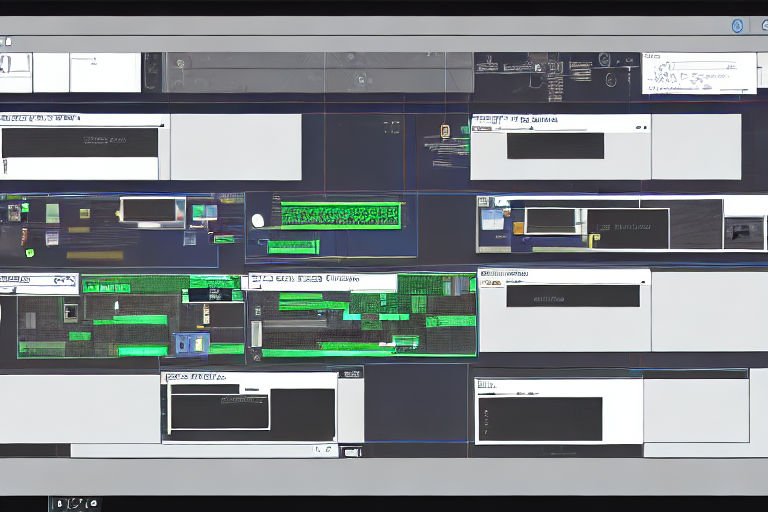Advanced Memory Management Techniques in C++ System Programming
C++ is a powerful programming language that provides low-level memory control to the developers. This low-level memory manipulation is crucial in system programming where memory management plays a vital role to ensure efficient and reliable performance. In this article, we will delve into advanced memory management techniques in C++ system programming.
Memory Allocation Techniques
Stack Memory Allocation
The stack is a memory area that contains variables created within a function or a block. The stack memory is automatically allocated and deallocated when the function returns or the block ends. Stack allocation is fast and efficient, but it has a limited size, and attempting to allocate more memory than the stack can handle would result in a stack overflow error.
Heap Memory Allocation
The heap is a dynamic memory area that provides the most extensive memory allocation space. The heap memory is allocated and deallocated explicitly by the programmer using operators like new and delete. Allocating memory on the heap is slower than stack memory allocation, and improper management of heap memory can result in errors like memory leaks, fragmentation or dangling pointers.
Memory Pool Allocation
Memory pool allocation is an advanced memory management technique that mitigates the overhead of heap memory allocation. A memory pool is a pre-allocated block of memory that is divided into smaller fixed-size blocks. Memory pool allocation improves memory access times, reduces memory fragmentation and overhead, and eliminates the need for frequent calls to the new operator.
Smart Pointers
Smart pointers are C++ objects that automate the memory management process by tracking the lifetime of allocated memory. Smart pointers guarantee proper deallocation of memory by automatically calling delete when the pointer goes out of the scope. Smart pointers come in various types like unique_pointer, shared_pointer, and weak_pointer.
Unique Pointer
unique_pointer is a smart pointer that holds an object and its pointer. It guarantees that the allocated memory will be deallocated when the pointer goes out of scope or when it is reset. It enforces the unique ownership rule, which means that the pointer cannot be referenced by any other pointer.
Shared Pointer
shared_pointer is a smart pointer that enables shared ownership of the allocated memory. Multiple shared_pointer objects can point to the same memory location, and the memory is only deallocated when the last shared_pointer goes out of scope.
Weak Pointer
weak_pointer is a smart pointer that is similar to shared_pointer but doesn't increase the reference count. It can be used to prevent memory leaks caused by circular references between shared_pointer objects.
Conclusion
Advanced memory management techniques like memory pool allocation and smart pointers are essential in C++ system programming to ensure efficient and stable memory usage. Proper understanding and application of these techniques can help mitigate common memory-related errors and improve the performance and reliability of C++ applications.



